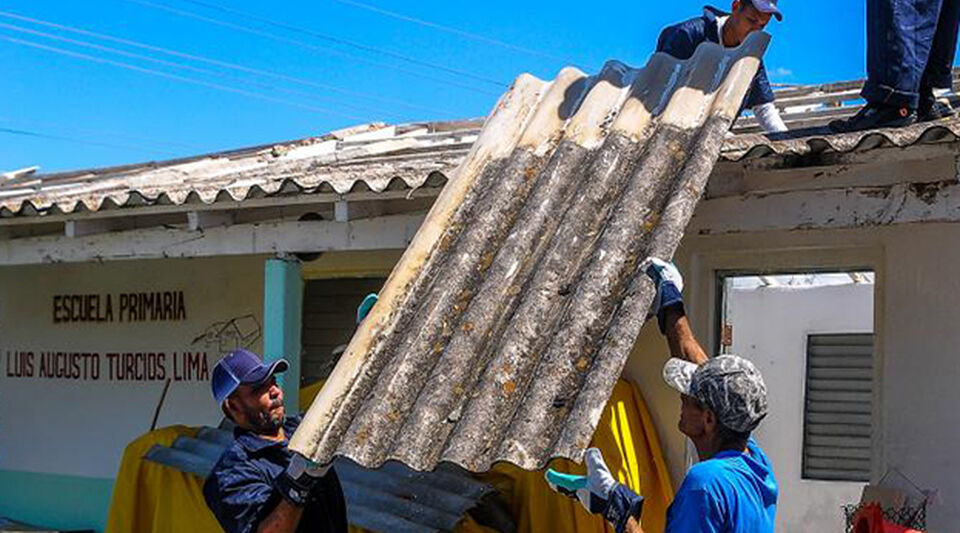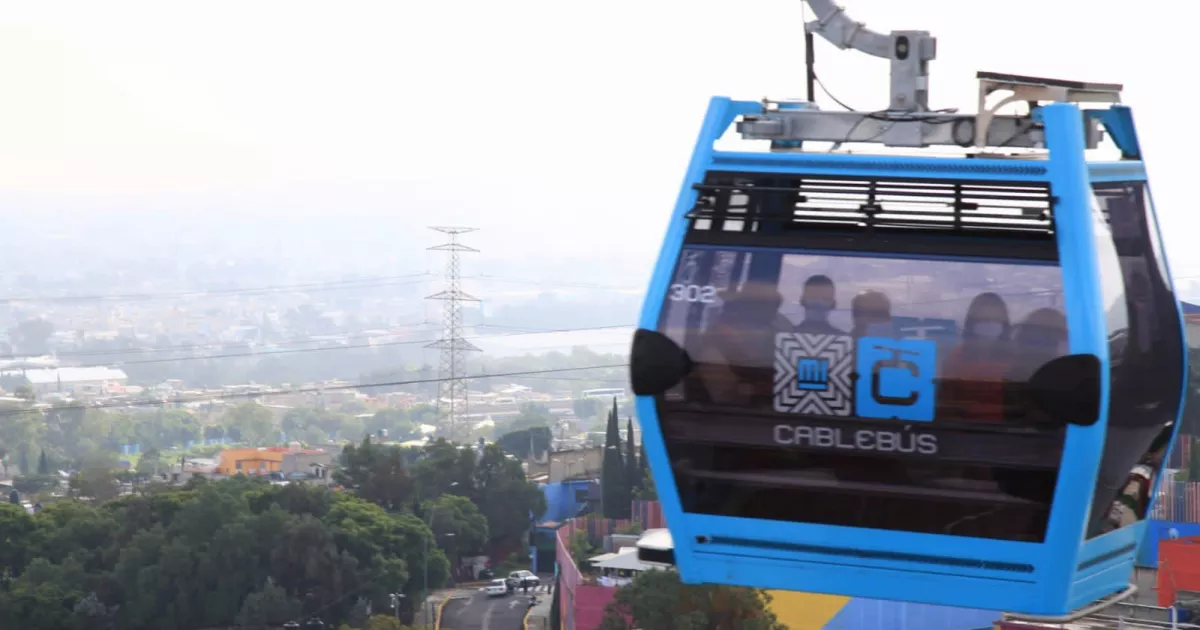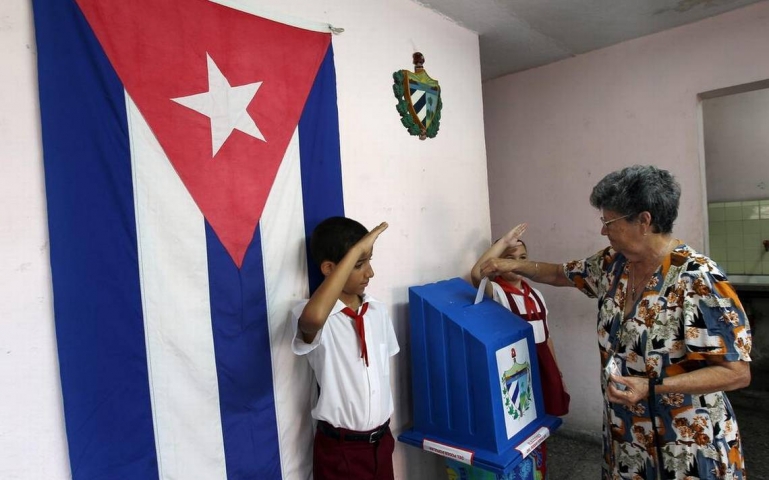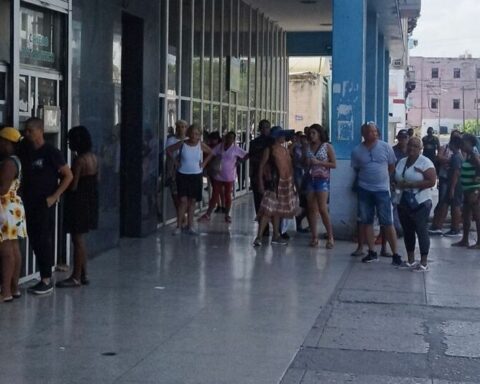The threat launched by the Cuban government against “illegalities, corruption and indiscipline” has had little impact on the informal market in Pinar del Río. Defiantly, a Facebook message proposed this Monday the sale of construction supplies that the authorities reserved for the victims of Hurricane Ian: “I have tiles, call the private.”
The “tiles”, actually zinc plates of little durability, were marketed through the group Sales Pinarwhere hardware products, household items, cell phones, clothing and food are offered – shrimp, cookies, coffee – that are in high demand, but are scarce in state stores.
More than a month after Hurricane Ian hit, work to rebuild the damaged infrastructure is progressing slowly due to the shortage of construction products on the Island. In Pinar del Río, the area most devastated by the climatic event, there are still more of 108,000 unrepaired homes, according to the official newspaper Granmawhich reacted with alarm when seeing that the few inputs provided by the Government had already filtered into the informal market.
“Unfortunately, this is not an isolated case. On that sales site itself, and on others that have proliferated taking advantage of the expansion of internet access, offers of all kinds of merchandise of ‘doubtful’ origin have become common for years. , in full view of anyone who wants to look,” says the newspaper.
The media exemplifies that even induction cooker modules, which are sold in a regulated manner in the Pinar del Río province for families left without equipment, can be found in Facebook or WhatsApp groups at prices six times higher than the official value, about 20,000 pesos.
The government’s harsh warnings against the black market “do not seem to faze” the sales groups on social networks, the newspaper acknowledges
The government’s harsh warnings against the black market “do not seem to faze” the sales groups on social networks, acknowledges the newspaper, which admits that, through informal means, “the most diverse assortments can be obtained, the result of corruption, lack of scruples and lack of control”.
The shortage of food and basic products on the Island causes distortions that contribute to fueling illicit trade, through which electronic items such as medicines can be accessed, but at exorbitant prices. Miguel Díaz-Canel has acknowledged that this is happening “in full view” of his administration and the Communist Party.
In this sense, in recent days, several operations have been carried out against the informal market and merchants who sell their products at prices above the set prices. Last week, the Municipal Inspection Directorate (DIM) in the Havana municipality of Playa imposed fines of up to 8,000 pesos to vendors that offered a pound of tomatoes, peppers and carrots for up to 300 pesos.
The Government of Havana also reported that it imposed fines of up to 8,000 pesos on two bakeries in Ciudad Libertad, a neighborhood in the Havana municipality, after detecting that they were selling regulated bread with a weight below that established in the technical quality standards. In another operation in the Lido neighborhood, inspectors seized several products from vendors from the basic basket that, the municipal government assured, will be delivered to social institutions.
________________________
Collaborate with our work:
The team of 14ymedio is committed to doing serious journalism that reflects the reality of deep Cuba. Thank you for joining us on this long road. We invite you to continue supporting us, but this time becoming a member of our journal. Together we can continue transforming journalism in Cuba.








